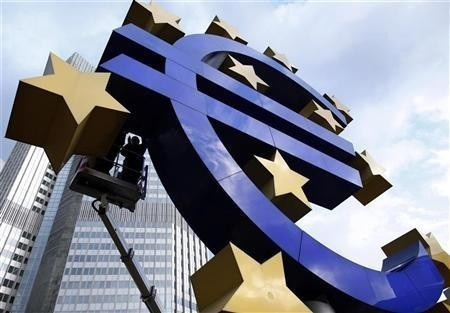Libor Fixing Scandal: EU Abandons Plans for Paris-Based Esma Supervision

The European Commission has scrapped plans to make a Paris-based regulator the sole supervisor for commodity and financial benchmarks in the future after watchdogs decided to crackdown on the setting of rates in the wake of the Libor fixing scandal.
The European Union's regulation chief Michel Barnier, who is set to announce a new legal framework imminently to prevent global rate rigging, will reveal that regulators across several countries will still be responsible for enforcing new rules.
A draft copy of the report shows that groups of supervisors from different countries will be responsible for cross-border information exchange.
In June this year, Brussels mulled over whether to grant Paris-based European Securities and Markets Authority (ESMA) sole and direct supervision of Libor, Euribor, and other benchmarks after a spate of rate rigging scandals.
In June last year, Barclays became the first bank to settle with US and UK authorities for a record £290m ($456m / €340m) fine for the manipulation of Libor and Euribor.
In December, UBS became the second bank to settle with authorities, for $1.5bn, over its role in Libor manipulation and admitted to one criminal charge of wire fraud.
In February this year, RBS agreed to pay £390m ($612m / €451m) to settle US and UK charges related to the manipulation of the benchmark lending rate known as Libor, as well as pleading guilty to a criminal charge of wire fraud from a Japanese subsidiary.
What is Libor?
Libor is a lending rate that is set by a panel of banks.
Libor valuations directly influence the value of trillions of dollars of financial deals between banks and other institutions.
The benchmark reference rates are used in euro, US dollar and British sterling over-the-counter (OTC) interest rate derivatives contracts and exchange traded interest rate contracts.
According to Financial Conduct Authority data, the notional amount outstanding of OTC interest rate derivatives contracts in the first half of 2011 has been estimated at $554tn.
The total value of volume of short term interest rate contracts traded on Liffe in London in 2011 was €477tn, including over €241tn relating to the three month Euribor futures contract, which is actually the fourth largest interest rate futures contract by volume in the world.
© Copyright IBTimes 2025. All rights reserved.






















